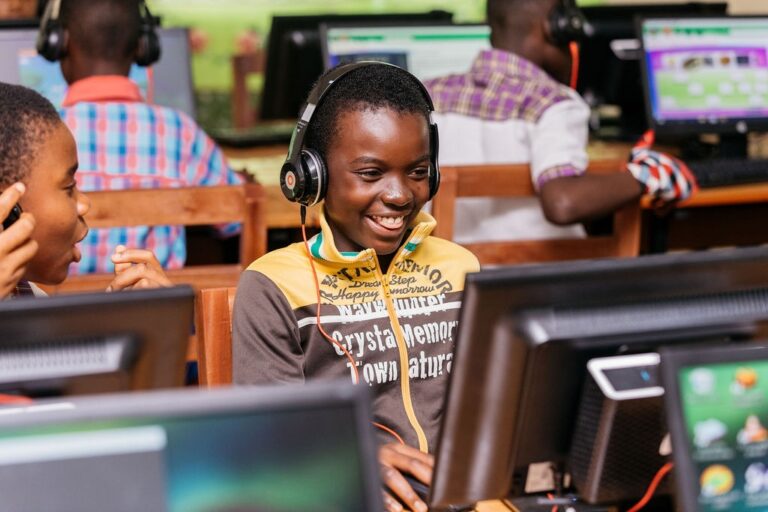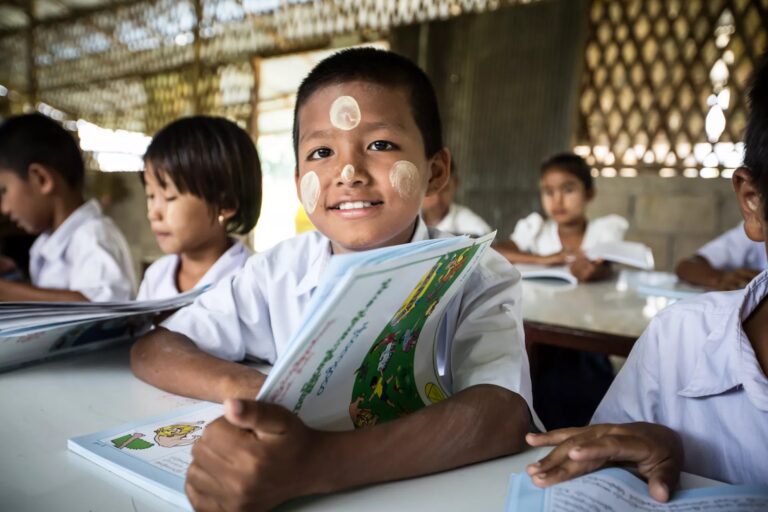By Economics, Education, MIT | January 25th, 2018
One of the central problems of inequality is that it perpetuates itself by nature. The inherent social capital of those born in certain places and classes grants access to even more social capital. Questions of merit can seem marginal when the credentials required by elite institutions prove inaccessible to most people. In an admirable effort to break this cycle globally, MIT is now admitting students to a graduate program in economics, without GRE scores, without letters of recommendation, and without a college degree.
Instead students begin with something called a “MicroMasters” program, which is like “a method used in medicine… randomized control trials,” reports WBUR. This entryway removes many of the usual barriers to access by allowing students to first “take rigorous courses online for credit, and if they perform well on exams, to apply for a master’s degree program on campus”—a degree in data, economics and development policy (DEDP), which focuses on methods for reducing global inequality.
Enrollment in the online MicroMasters courses began in February of last year (the next round starts on February 6, 2018), and the DEDP master’s program will start in 2019. “The world of development policy has become more and more evidence-based over the past 10-15 years,”explains MIT professor of economics Ben Olken, who co-created the program with economics professors Esther Duflo and Abhijit Banerjee. “Development practitioners need to understand not just development issues, but how to analyze them rigorously using data. This program is designed to help fill that gap.”
Duflo, co-founder of MIT’s Abdul Latif Jameel Poverty Action Lab (J-PAL), explains the innovation of MicroMasters’ radically open admissions. (For anyone with access to the internet, that is, still a huge barrier for millions worldwide): “Anybody could do that. At this point, you don’t need to have gone to college. For that matter, you don’t need to have gone to high school.” Students who are accepted after their initial online course work will move into a “blended” program that combines their prior work with a semester on MIT’s campus.
MicroMasters courses are priced on a sliding scale (from $100 to $1,000), according to what students can afford, and costs are nowhere near what traditional students pay—after having already paid, or taken loans, for a four-year degree, various testing regimens, admissions costs, living expenses, etc. The current program might feasibly be scaled up to include other fields in the future. Thus far, over 8,000 students in the world have enrolled in the MicroMasters program. “In total,” Duflo says, “there are 182 countries represented,” including ten percent from China, a large group from India, and “even some from the U.S.”
Students enrolled in these courses design their own evaluations of initiatives around the globe that address disparities in healthcare, education, and other areas. Co-designed by the Poverty Action Lab and the Department of Economics, MicroMasters asks students to “grapple with some of the world’s most pressing problems,” including the problem of access to higher education. You can view the requirements and enroll at the MITx MicroMasters’ site. Read frequently asked questions and learn about the instructors here. And just above, listen to WBUR’s short segment on this fascinating educational experiment.



![[Preliminary Report] CRNA Collaborative Research for Exploring Factors Nurturing"Happy and Resilient" Children among Asian Countries](https://equity-ed.net/wp-content/uploads/2024/09/1725672182698.jpg)


